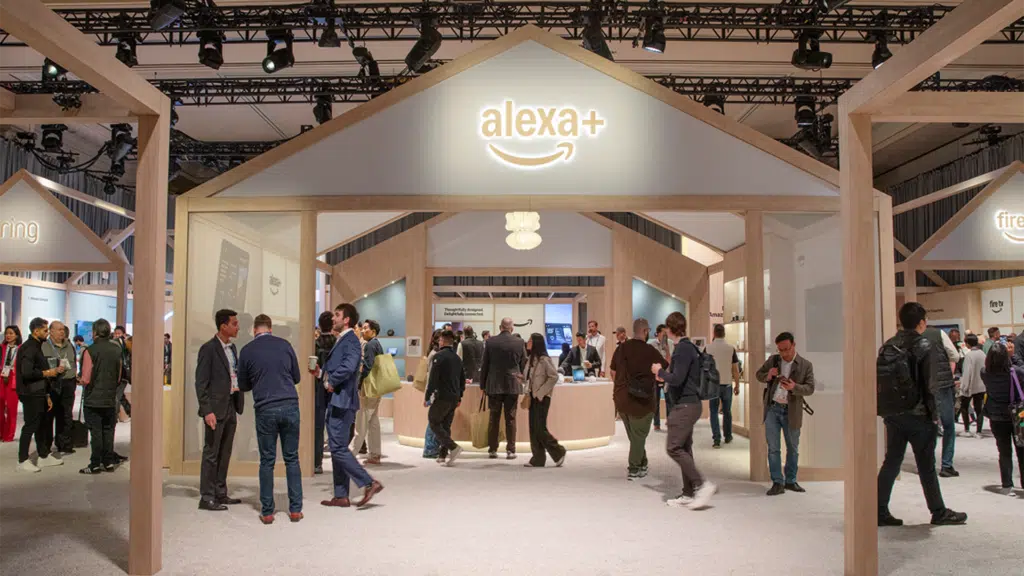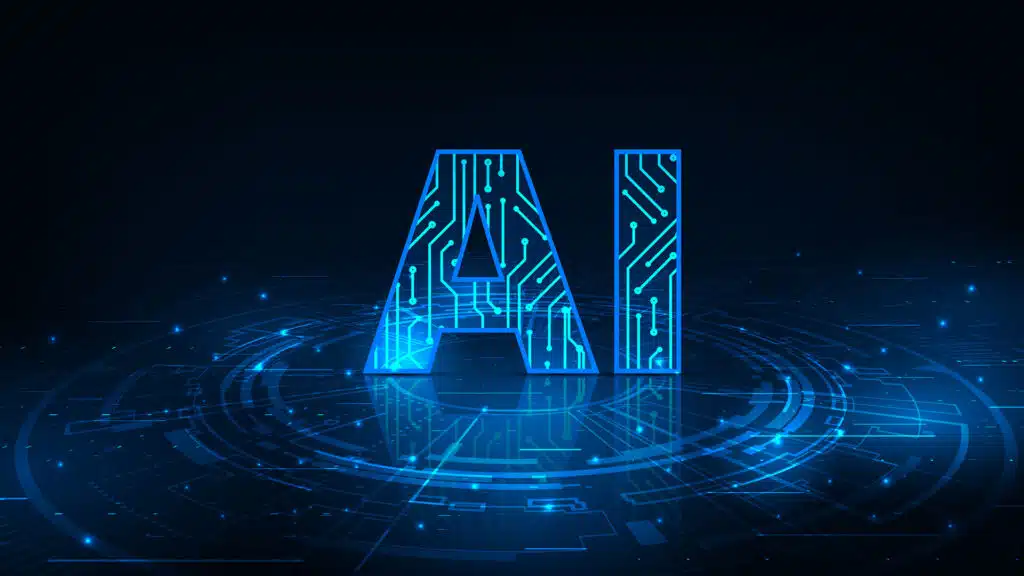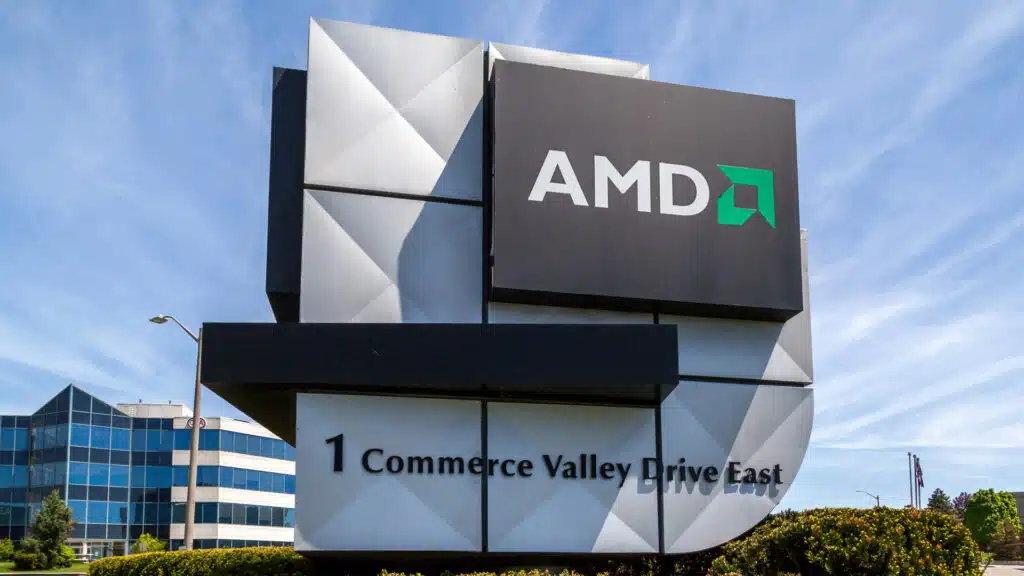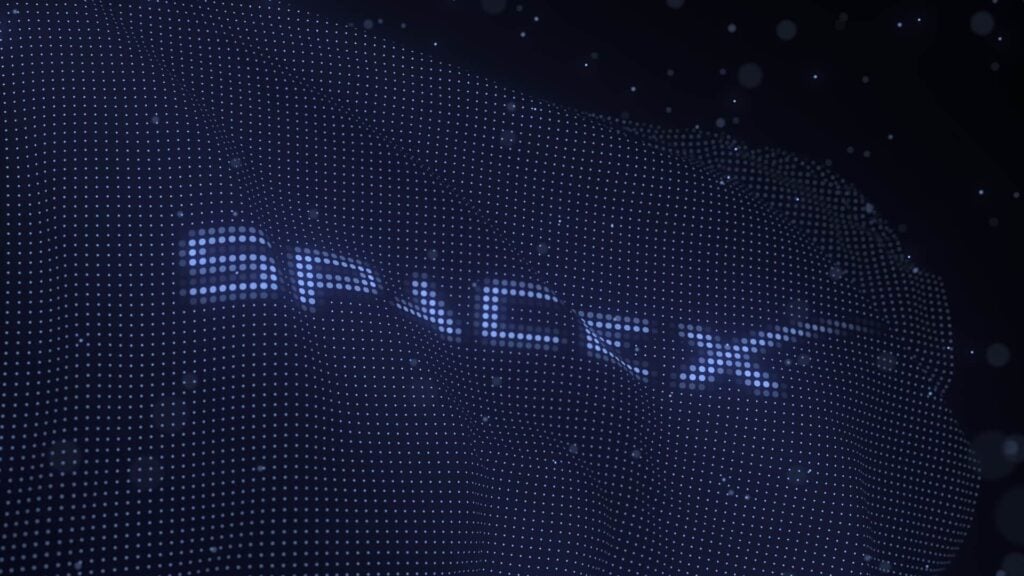The Six Five team discusses Google Cloud Executive Forum.
If you are interested in watching the full episode you can check it out here.
Disclaimer: The Six Five Webcast is for information and entertainment purposes only. Over the course of this webcast, we may talk about companies that are publicly traded and we may even reference that fact and their equity share price, but please do not take anything that we say as a recommendation about what you should do with your investment dollars. We are not investment advisors and we ask that you do not treat us as such.
Transcript:
Daniel Newman: Always the best. All right, so listen, let’s hit the next topic. Let’s talk about Google Cloud Executive Forum.
So Google Cloud Executive Forum was probably one of the most interesting, prolific moments for me in this whole generative AI shift. And let’s talk about why that happened. We’ve been kind of looking at the haves and have nots for some time. And so over the last two decades, ML-based data science and data pipeline has been something that, how do you explain it? Has been really a haves only, meaning you had to have a big company, you had to have a rash of data scientists, you had to have a team of hardware engineers, you had to have the ability to stand up and run PyTorch or different AI/ML data science stacks. You probably were running Hadoop or Cloudera. And what I’m saying is this was what you needed in an enterprise to be able to take advantage of data.
So going back, thinking about the era of Walmart having such a massive competitive advantage of being able to know what customers would want and have order volumes correct that small mom and pop shops could never possibly compete with. Well then over the last few years we’ve seen kind of the democratization of app building. You saw this happen with websites, but up to maybe a year ago, data science and AI was something that was really for a very small set of audiences. Sure there were some tools and things you could do in Intuit and QuickBooks or there was some light versions of tools in Salesforce or in NetSuite that you could use, but it was hard.
And so what I really thought was in focus here was they brought us in front of customers, large enterprises, but also smaller businesses and they brought them all together into one place to talk about a number of different things, but the shift from Vertex, which is their generative AI and AI/ML platform that Google has been offering. And now what they’re launching is called the Generative AI App Builder, okay, Pat? And this is basically the low-code, no-code version of the Google Cloud platform for companies that want to build enterprise search. So I hit you in the back channels. I’m like, “Pat, this is cool.” You’re like, “They’ve been doing enterprise search for a long time.” Yes, they have. But it wasn’t something that just any company could stand up. This is something now that you, me, and other small businesses could literally stand up to get access to that more proprietary data. And that’s the story that you and I have been telling now for months.
By the way, I just wanted to call something out interestingly between you and I, we’ve been saying for a long time about the marriage of enterprise data and open internet data as a key to AI. But I also just wanted to point out, you and I talked about AI two years ago and three years ago when people weren’t, and as I was reading through the stream of Twitter this morning and just realizing how many AI experts have come out of the woodwork in the last 15 minutes, three months, is that it doesn’t feel good to kind of know that we were on this topic well before it became trendy and cool. Anyway, just a personal victory lap there.
But anyway, going back to the Generative AI App Builder, what I really loved about this event was seeing in real time the ability for companies to be maximizing data, multi-mode, multi-model modes. It’s got security governance and regulatory frameworks and it all is really simple enough that someone with limited amount of tech acuity can stand it up. Now of course, like all coding, the more technical you are and the more capable you are, the more you’re going to be able to maximize the enterprise AI capabilities inside of the Generative AI App Builder, as well as Vertex.
But what I really liked was that the company seems to be really zeroed in, end-to-end on their stack and its capabilities to develop and build generative AI apps across any enterprise. Had the chance to talk to the CTO of Wayfair, for instance, about how they plan to use it, things like image generation for being able to do room design builders where you could literally take an app and you can put all the products onto a website very quickly using verbal descriptions and then put them into a room and design them. And just this next generation stuff that’s going to go from only big companies like Wayfair down to much smaller enterprises. And you’re going to see a whole new set of companies that are going to rise out of this.
The other big thing too, Pat was Duet. So we heard a lot about the Copilot in Microsoft Office. Well Duet was a really interesting launch to see this working. So we saw kind of an end-to-end walkthrough demo. I shared a tweet with a video of it where a salesperson can go from optimizing meeting notes to making a statement of work to generating a custom PowerPoint presentation for a particular client just using some text prompts. And so this is the kind of Google Workspace answer to what Copilot is doing. And it’s really interesting to see, Pat, how quickly Google was able to take its capabilities, its technology and the moats that it had with its own palm model and its legacy, the models they’ve been developing over decades and Deep Mind and Brain and actually very quickly kind of catch up to the buzz that Open AI was able to create.
And in my opinion, like I said, it’s not about one or the other, it’s about the overall collective that both companies are moving really fast, they’re innovating, they’re competing, and they’re generating cool new products and technologies that are not only going to make businesses more productive but more efficient as well.
Patrick Moorhead: So, I looked at the announcements for the forum and there weren’t really any new product announcements. These were all rolled out a couple weeks back, but what I liked about this is that the company really brought it to life. They showed demos and they brought up partners. It was about collaborating with companies like the Mayo Clinic. It was talking about showing price line, how it’s using UniSuper, as an example. So how partners are using. I mean they talked about Salesforce as well, strategic partnerships, they talked about GA Telesis, I mean PhotoRoom.
So this was really about bringing it to life and bringing partners and customers into this. So it’s kind of the one-two punch, because I attended their Data and AI Forum and they brought out a lot of these features. And I’m not saying that that means it wasn’t good, it was good, just an observation, this is the second of a one-two punch and I think Google is really good at data and AI. While I don’t talk to 100 enterprises a week, I do talk to one every 10 days, and more times than not they are using Google Cloud as one of their IS providers for data or AO. And I just think that Google will continue to excel here.
Daniel Newman: Yeah. And Pat, you made a good point, and obviously not to conflate the announcement and the timing, as an analyst, we were a very small subset that got invited to see the customer interactions and that’s why it was an executive forum, it was customer centric. And I think you and I love that and that’s kind of an important thing to point out is, from time to time it’s great that we’re constantly hearing from the vendors about what they’re doing, but it’s probably even better for us when we hear from the customers how they’re implementing it. And so I’ve been impressed with the speed at which they’ve gotten to market with things. And of course, like I said, I think we’re going to see constant leapfrogging and back and forth. And by the way, who wins when that happens? All of us. We all win when these big tech companies are competing
Author Information
Daniel is the CEO of The Futurum Group. Living his life at the intersection of people and technology, Daniel works with the world’s largest technology brands exploring Digital Transformation and how it is influencing the enterprise.
From the leading edge of AI to global technology policy, Daniel makes the connections between business, people and tech that are required for companies to benefit most from their technology investments. Daniel is a top 5 globally ranked industry analyst and his ideas are regularly cited or shared in television appearances by CNBC, Bloomberg, Wall Street Journal and hundreds of other sites around the world.
A 7x Best-Selling Author including his most recent book “Human/Machine.” Daniel is also a Forbes and MarketWatch (Dow Jones) contributor.
An MBA and Former Graduate Adjunct Faculty, Daniel is an Austin Texas transplant after 40 years in Chicago. His speaking takes him around the world each year as he shares his vision of the role technology will play in our future.







